This Wednesday, United Nations Secretary-General António Guterres spoke to the media about several issues related to the biodiversity summit (COP16). The UN chief referred to President Gustavo Petro's proposal to buy coca leaves from farmers in El Plateado (Cauca) to reduce drug trafficking and create legal economies.
Conforme a los criterios de

(Lea esta historia en español, aquí)
In this sense, Guterres stressed that although he did not know the details of the proposal, it could be positive if it helped to reduce drug trafficking. "If the purchase (of coca leaves) is done in a positive way for later use, it can prevent trafficking. Our goal must be to preserve the health of the whole world," Guterres stressed.
Regarding the proposal to change the verification mechanism to verify the amount of illicit crops in the country, Guterres clarified that "there are conventions on drugs" to address such issues, but stressed that "President Petro's request is a reflection on the mechanisms we have today in relation to the fight against drug trafficking. A reflection on effectiveness," he said.
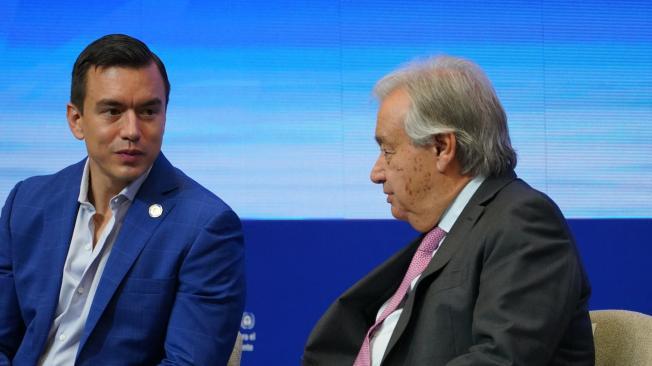
The President of Ecuador, Daniel Noboa, and the Secretary-General of the United Nations, António Guterres.
Foto:UN Biodiversity
On the other hand, with regard to Venezuela and the participation of an envoy of Nicolás Maduro during the Biodiversity Summit, the diplomat assured that this presence was due to the "operating mechanism of multilateral organisations and in particular of the COP", since "in the COPs, those who are there participate as long as the country accredits them. This is a practice that we can change, but it does not invalidate what happened with Venezuela," he stressed.
For this reason, Guterres stressed that the alleged victory of Nicolás Maduro in the recent elections in Venezuela casts a shadow of doubt, given "the lack of adequate transparency and the fact that various governments have not yet recognised the elections", which shows the lack of credibility of the process.
The UN chief, who met President Gustavo Petro yesterday, called for support for the proposal for total peace and also asked that the previous agreement with the Farc be supported and not forgotten.
"I take this opportunity to reaffirm our commitment to peace. I acknowledge the commitment of the other signatories who were Farc fighters. The agreement remains the main roadmap for ending violence in Colombia. Total peace is a laudable goal. Today I call on the Colombian people to persevere. It will be an honour to continue to accompany Colombia on its path to peace," he said.

António Guterres, UN Secretary-General at COP16.
Foto:UN Biodiversity
Finally, Guterres also congratulated Colombia for its work in organising COP16 and issued an urgent call to make peace with nature.
"I congratulate Colombia for its excellent organisation. And I also thank the Colombian people for their warm welcome. We have all contributed a lot. The world has come together to make peace with nature. And let me be clear: we are facing an existential crisis. Temperatures are rising. We are losing more and more species forever. We are poisoning our waters and treating nature as a disposable commodity. Human activity has already altered three-quarters of the Earth's land surface and two-thirds of its waters. And no country, rich or poor, is immune to this destruction. So to survive, humanity must make peace with nature," he stressed.
Commenting on the negotiations currently taking place at the summit, the diplomat called for "urgent global action to address the existential crisis of environmental degradation" and stressed that there are three priorities that need to be translated into agreements or solutions coming out of Cali.
The first is to produce more ambitious biodiversity action plans, which only just over 30 countries have done. The second is to secure funding for conservation. "New sources of finance must be found," he said. Finally, Guterres stressed the need to support indigenous peoples, recognising the vital role of these communities in biodiversity conservation and involving them in decision-making processes, as called for at this COP.
"We must transform our economic model, reorienting our production and consumption towards practices that are positive for nature. Renewable energy, sustainable supply chains and zero waste policies are not optional. They must become the default option for governments and businesses alike," he added.
EDWIN CAICEDO
Environment and Health Journalist
@CaicedoUcros
Editor's note: This text is an artificially intelligent English translation of the original Spanish version, which can be found here. Any comment, please write to berdav@eltiempo.com

.png) hace 3 meses
35
hace 3 meses
35
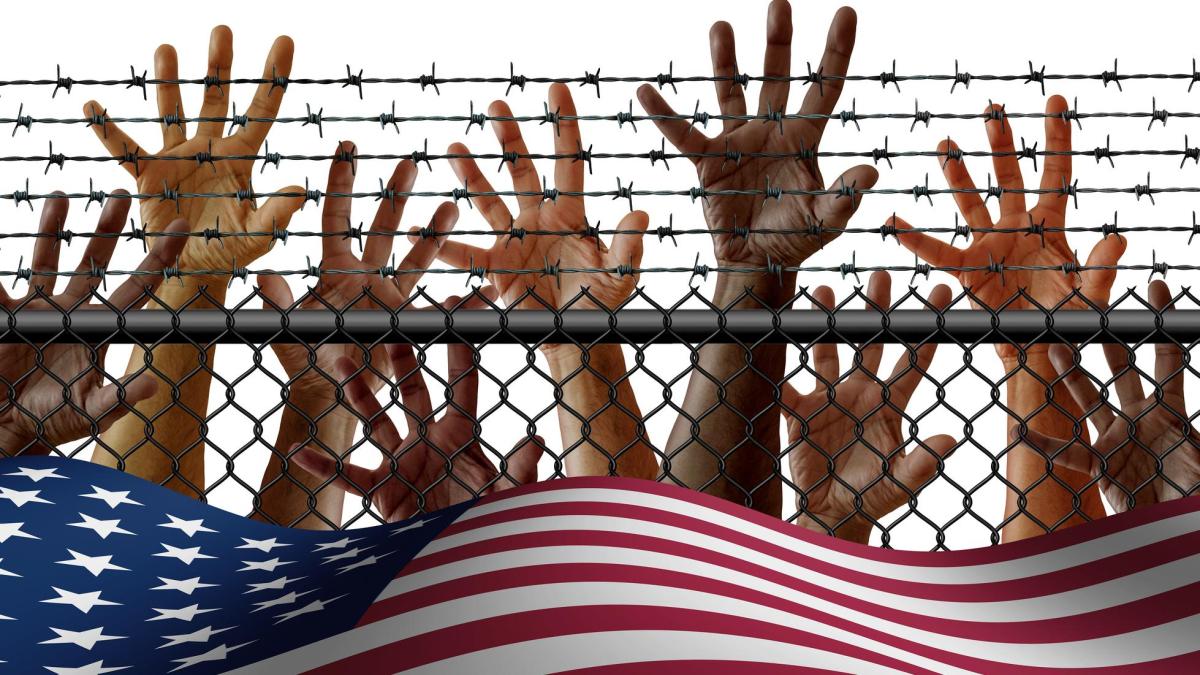
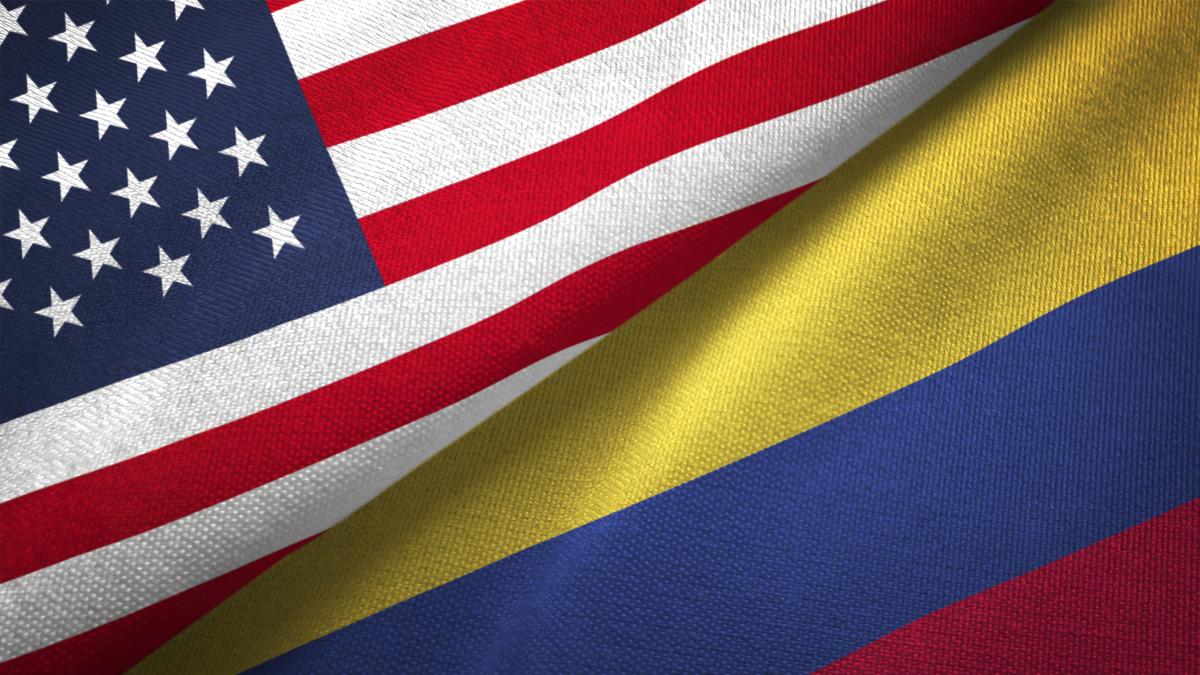



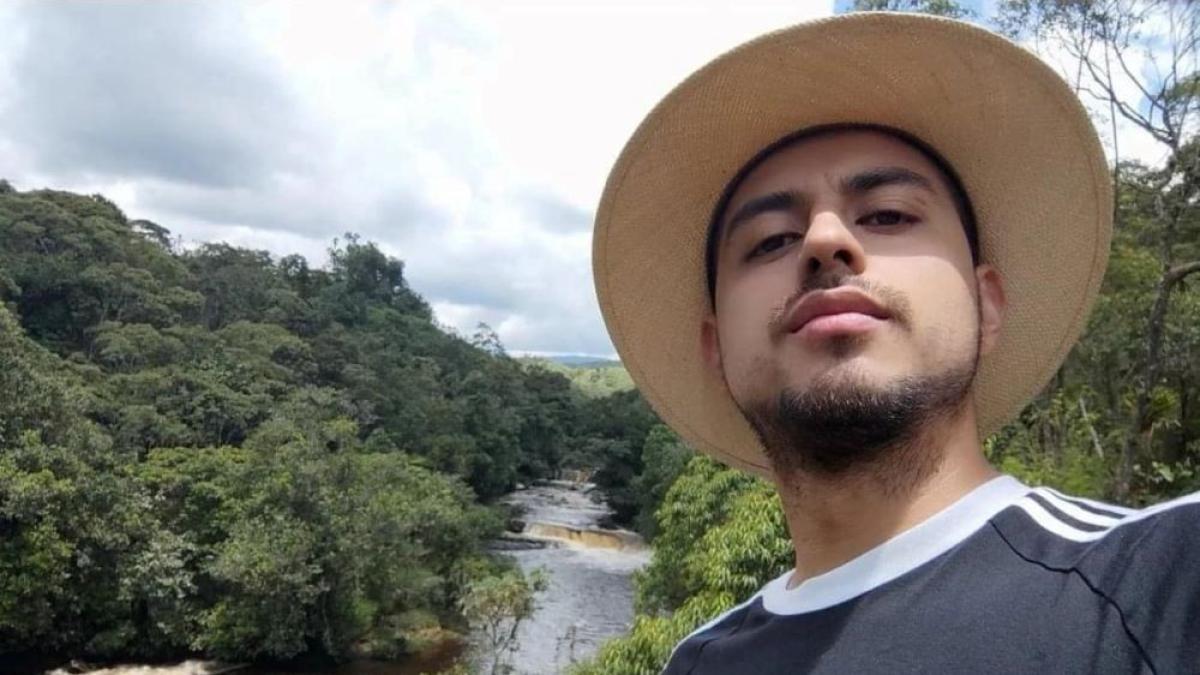
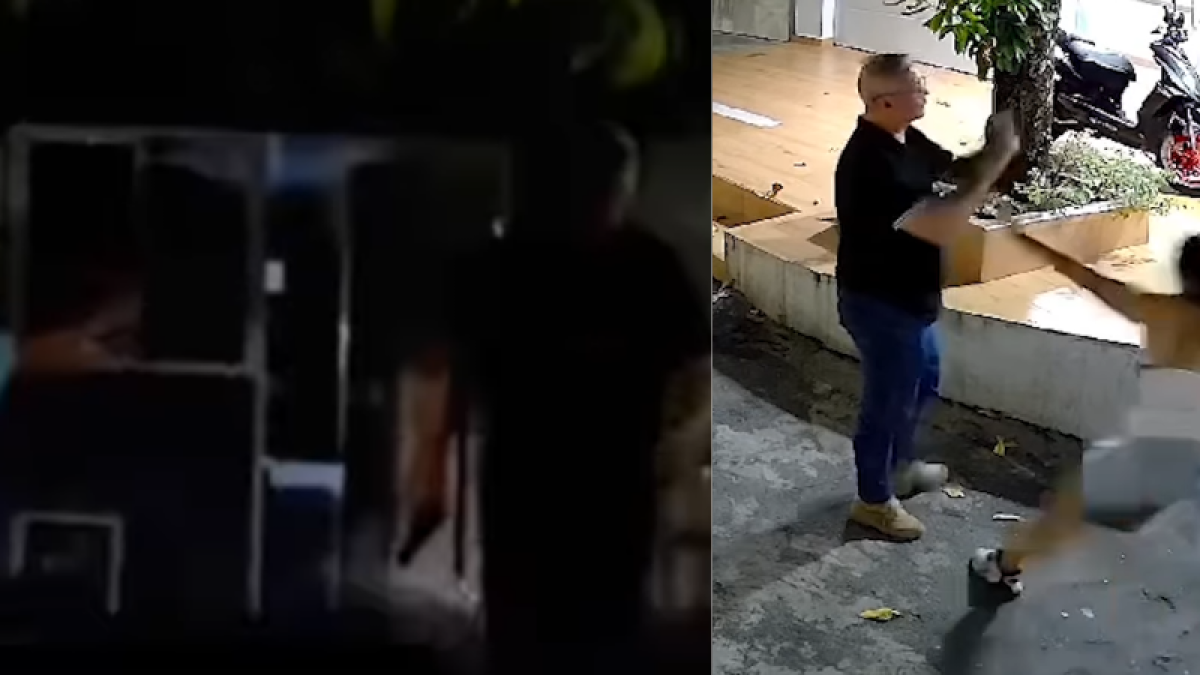
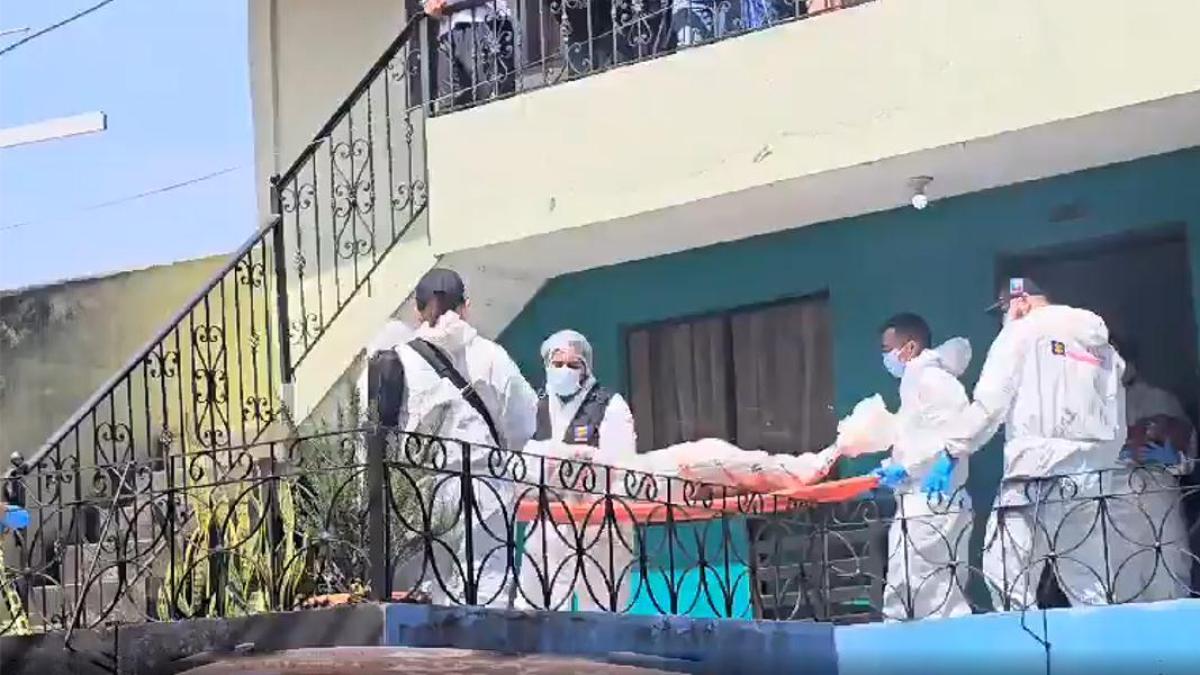
 English (US) ·
English (US) · 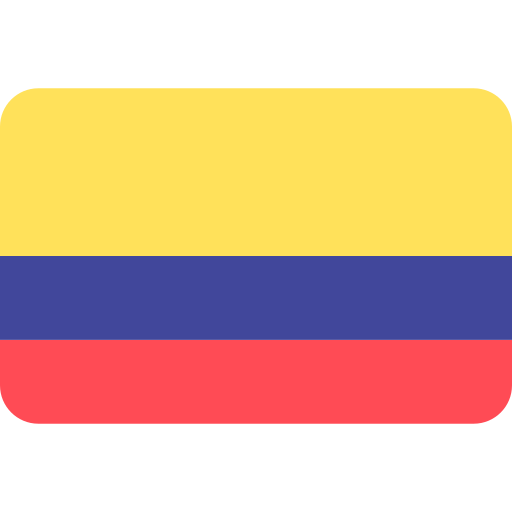 Spanish (CO) ·
Spanish (CO) ·